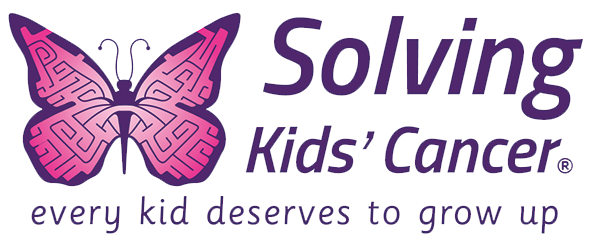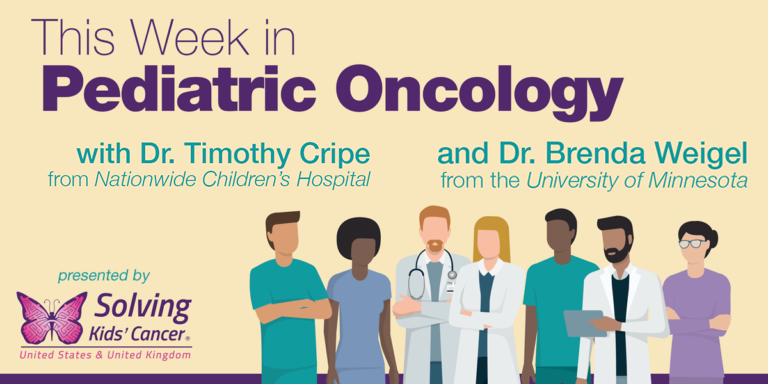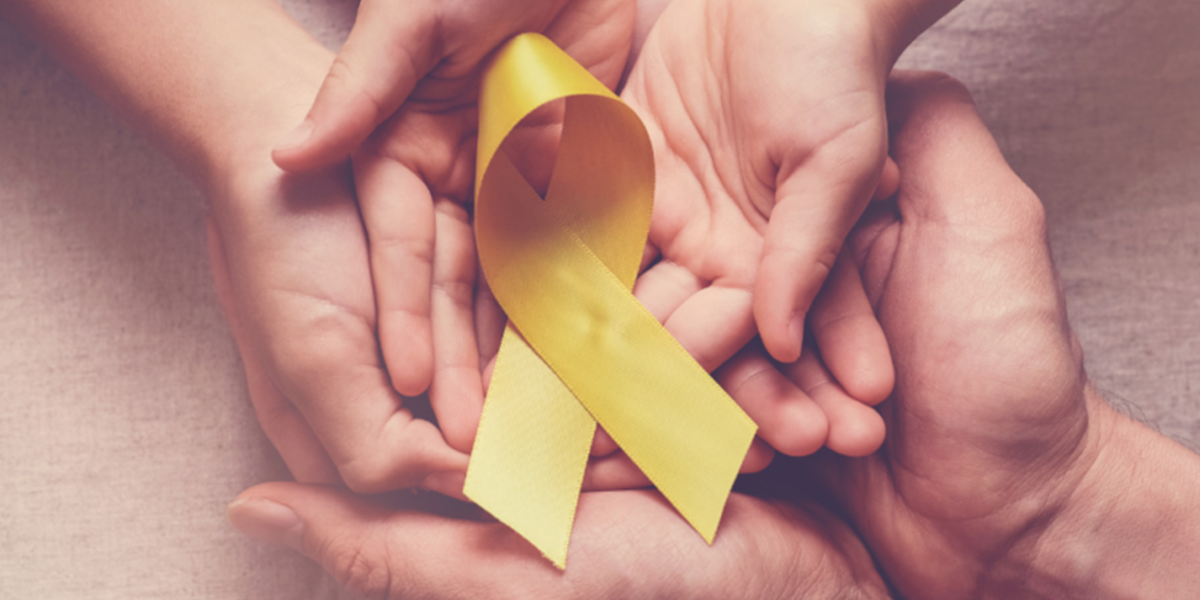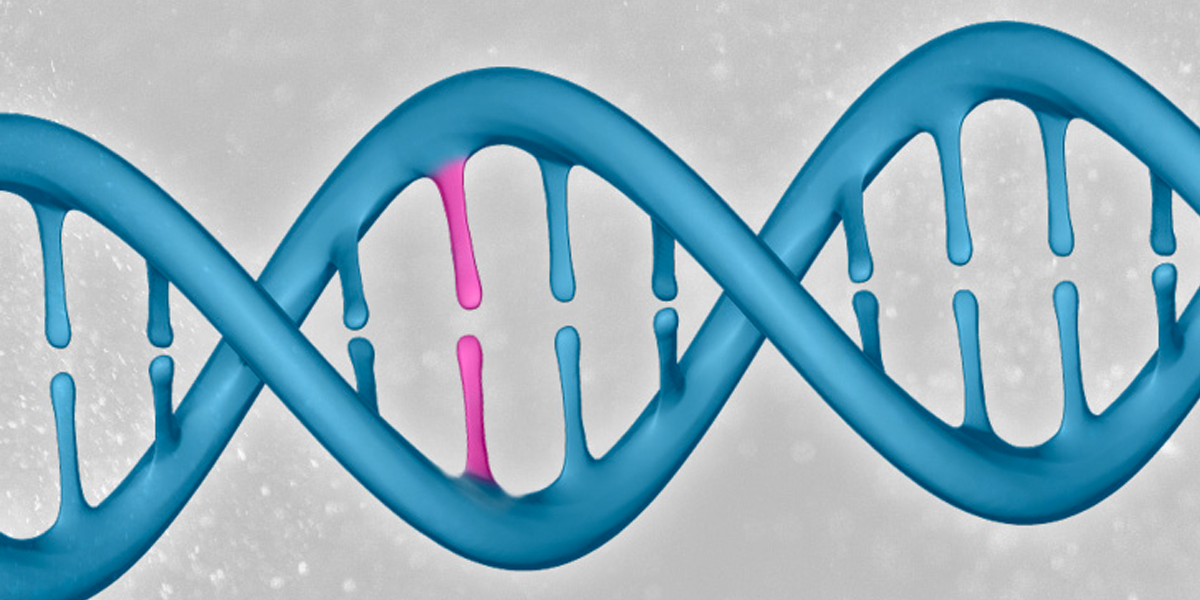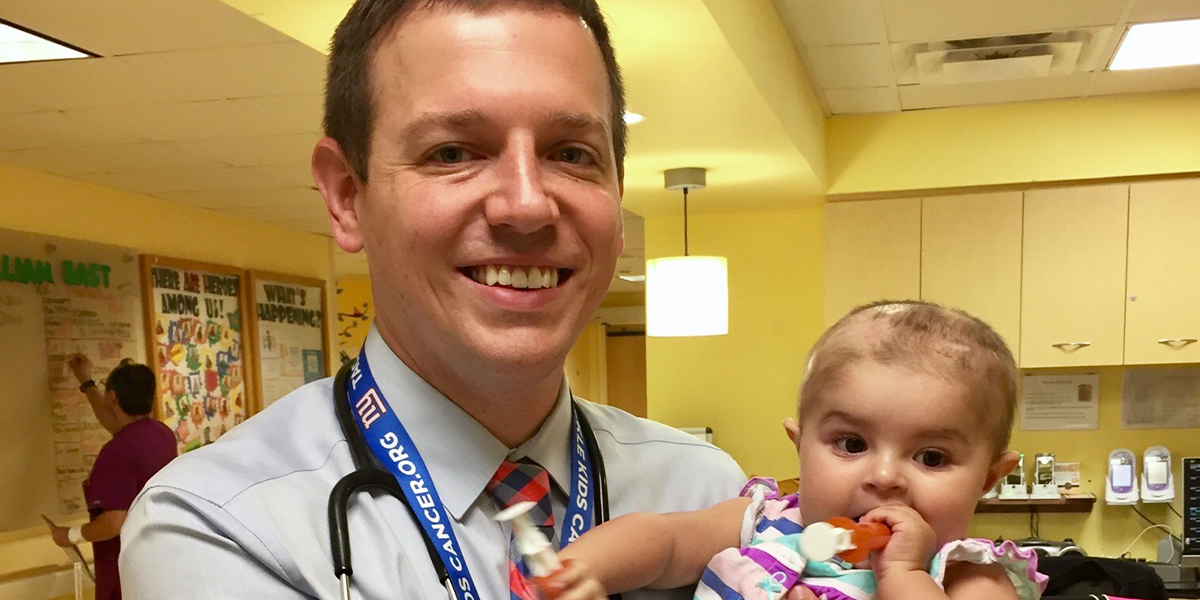How to Support Solving Kids’ Cancer This Holiday Season
For many, the holiday season is a joyous time filled with family, friends, celebration, and reflection on the things we’re grateful for. But for families with children battling the most deadly cancers, the holidays can be particularly challenging. Happy traditions are replaced with navigating a cancer diagnosis and searching for safe treatment options — often…
Read More5 Ways to Support a Caregiver During National Family Caregivers Month When your child has cancer, caregiving isn’t a choice — it’s a necessity. November is National Family Caregivers Month — a time to recognize the 53 million caregivers in the U.S.1 who provide critical, around-the-clock support to their loved ones. Caregivers, especially those caring…
Read MoreSupporting Pediatric Cancer Research: Solving Kids’ Cancer’s Year-in-Review
A Message from Scott Kennedy, executive director Throughout the year, Solving Kids’ Cancer (SKC) has continued funding cutting-edge research to find cures for children with the most aggressive cancers. Research is key in unlocking solutions and providing improved outcomes for kids. SKC prioritizes taking cutting-edge ideas, based on scientific evidence, from the lab…
Read MoreThis Week in Pediatric Oncology Podcast’s 100th Episode
Happy 100th Episode to the This Week in Pediatric Oncology (TWiPO) Podcast! TWiPO is a free childhood cancer podcast dedicated to supporting families and advancing research through weekly discussions of trending topics and exciting new developments in pediatric cancer. Produced by Solving Kids’ Cancer (SKC), TWiPO is hosted by Dr. Timothy Cripe, chief of the…
Read MoreWhat’s Needed to Improve Treatments for Neuroblastoma?
Neuroblastoma is a heterogenous type of pediatric cancer, meaning that the tumor cells might be subtly or dramatically different even within the same tumor within the same patient. It’s the most common solid tumor outside of the brain in children. About 800 children are diagnosed with neuroblastoma each year in the United States, and half…
Read MorePediatric Brain Tumors and Solving Kids’ Cancer’s Impact
As a childhood cancer charity, Solving Kids’ Cancer focuses on the rarest and most fatal pediatric cancers. By funding early investigational research, both pre-clinical and clinical, Solving Kids’ Cancer helps to expand possible treatment options for kids as well as raise the bar on their standard of care through research advocacy. This September for Childhood…
Read MoreChildhood Cancer Predisposition Syndromes
Each year over 10,000 children will be diagnosed with cancer in the United States, and cancer remains the number one cause of death from disease in children. While this is alarming, scientists and doctors are making significant progress in developing new treatments and discovering the etiology of various cancers. This article covers the basics of…
Read MoreSeptember Childhood Cancer Awareness Month: Lace Up for Kids 2022
Each year, more than 400,000 children around the world are diagnosed with cancer; however, advancements in care and treatment have, in many cases, not changed in decades. That’s why we’re determined to change the future for kids with cancer and their families. Join us this September for Childhood Cancer Awareness Month, as we all shine…
Read MoreETMR Brain Cancer: Advancing Treatment Protocol
Embryonal tumor with multilayered rosettes (ETMR) attacks the youngest, most vulnerable patients — infants. In fact, 92% of patients affected by ETMR brain cancer are under the age of three at diagnosis. For the first time, experts are addressing the challenges of ETMR and developing the first treatment protocol with international collaboration. This article covers…
Read MoreChildhood Medulloblastoma Cancer
What is Medulloblastoma Cancer? Medulloblastoma cancer is an aggressive brain tumor that originates in the brain’s cerebellum — an area that regulates a person’s balance and sense of equilibrium. According to the National Library of Medicine, “Medulloblastoma is the most common malignant brain tumor in children, constituting nearly 20% of all pediatric brain tumors.”1 While…
Read More